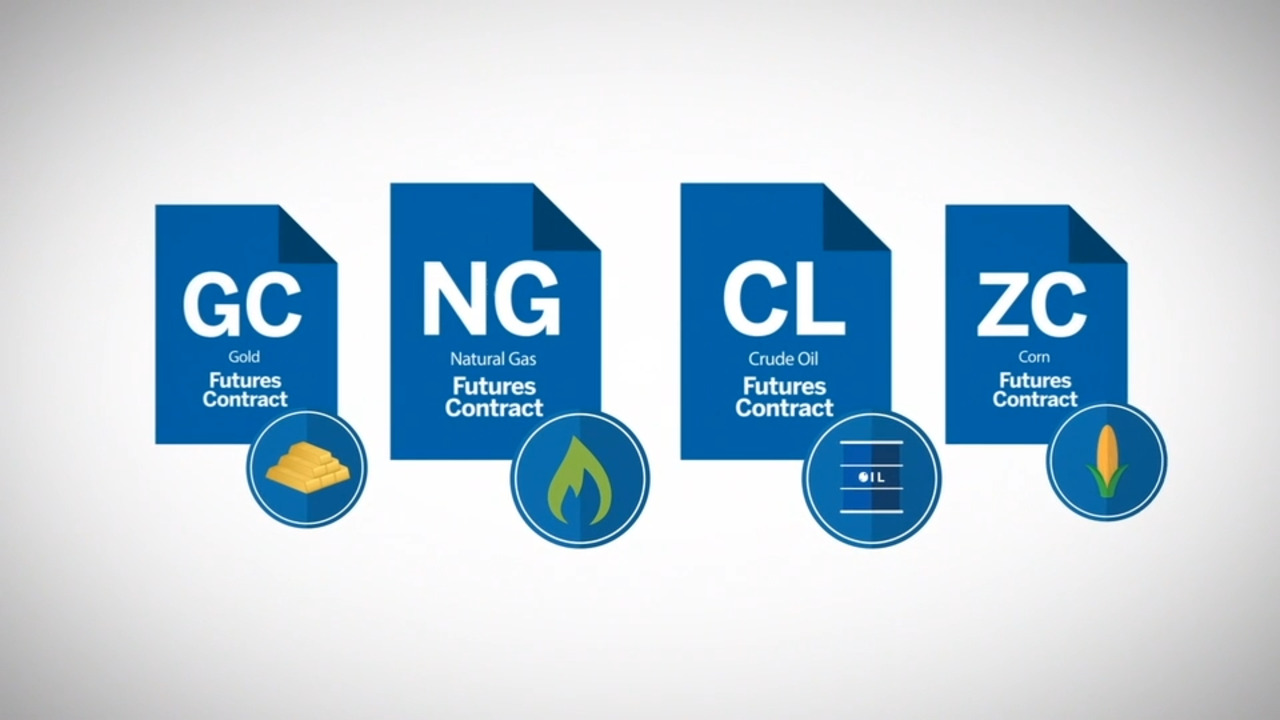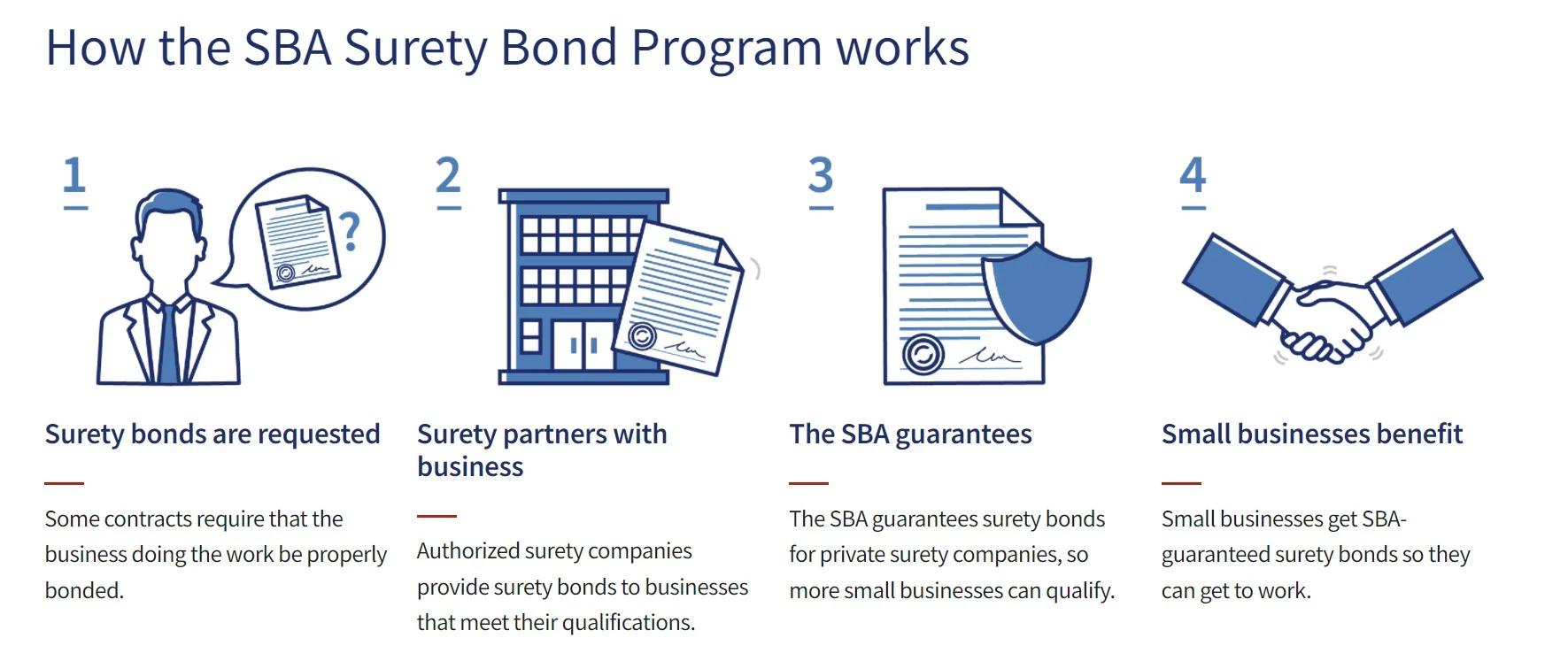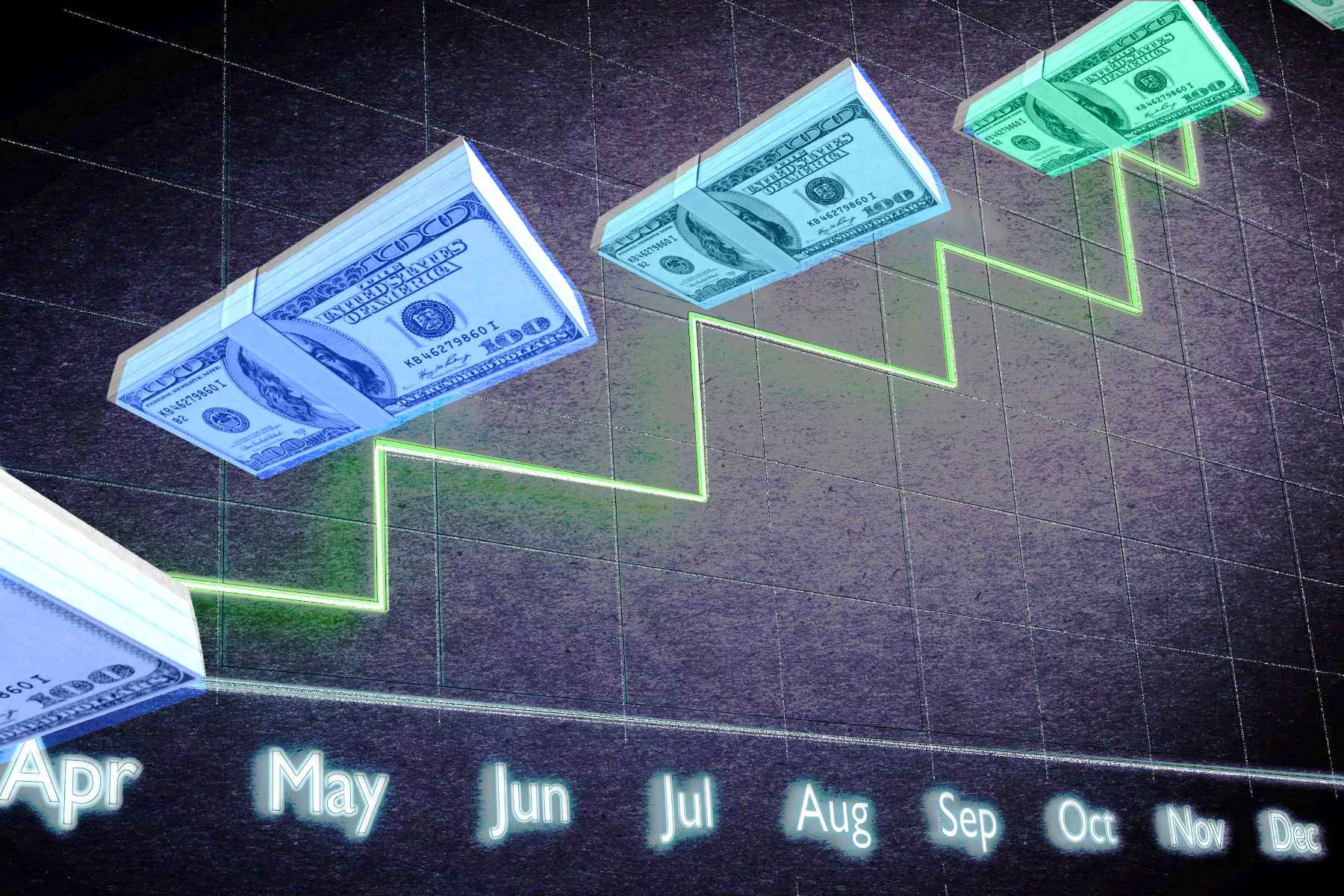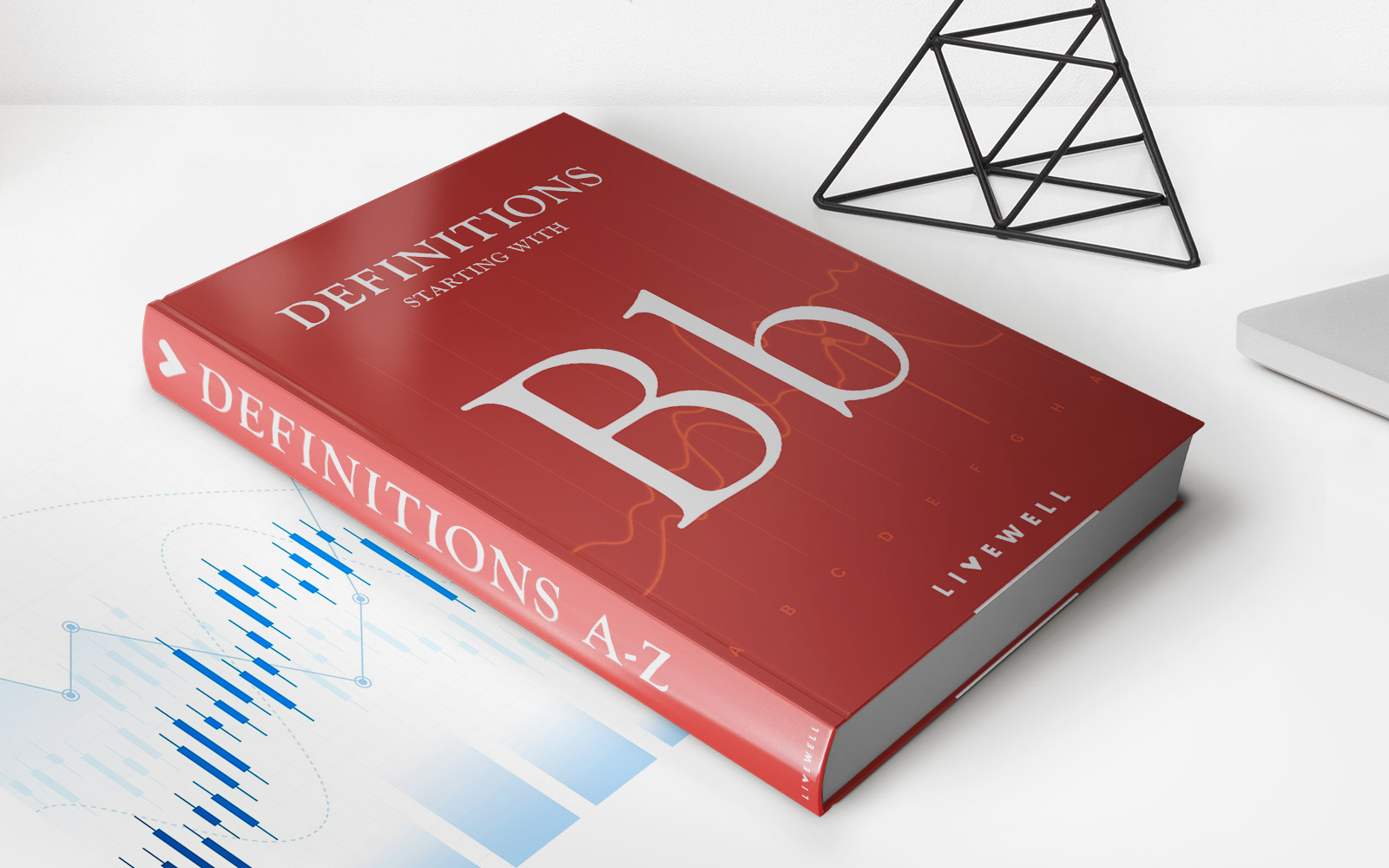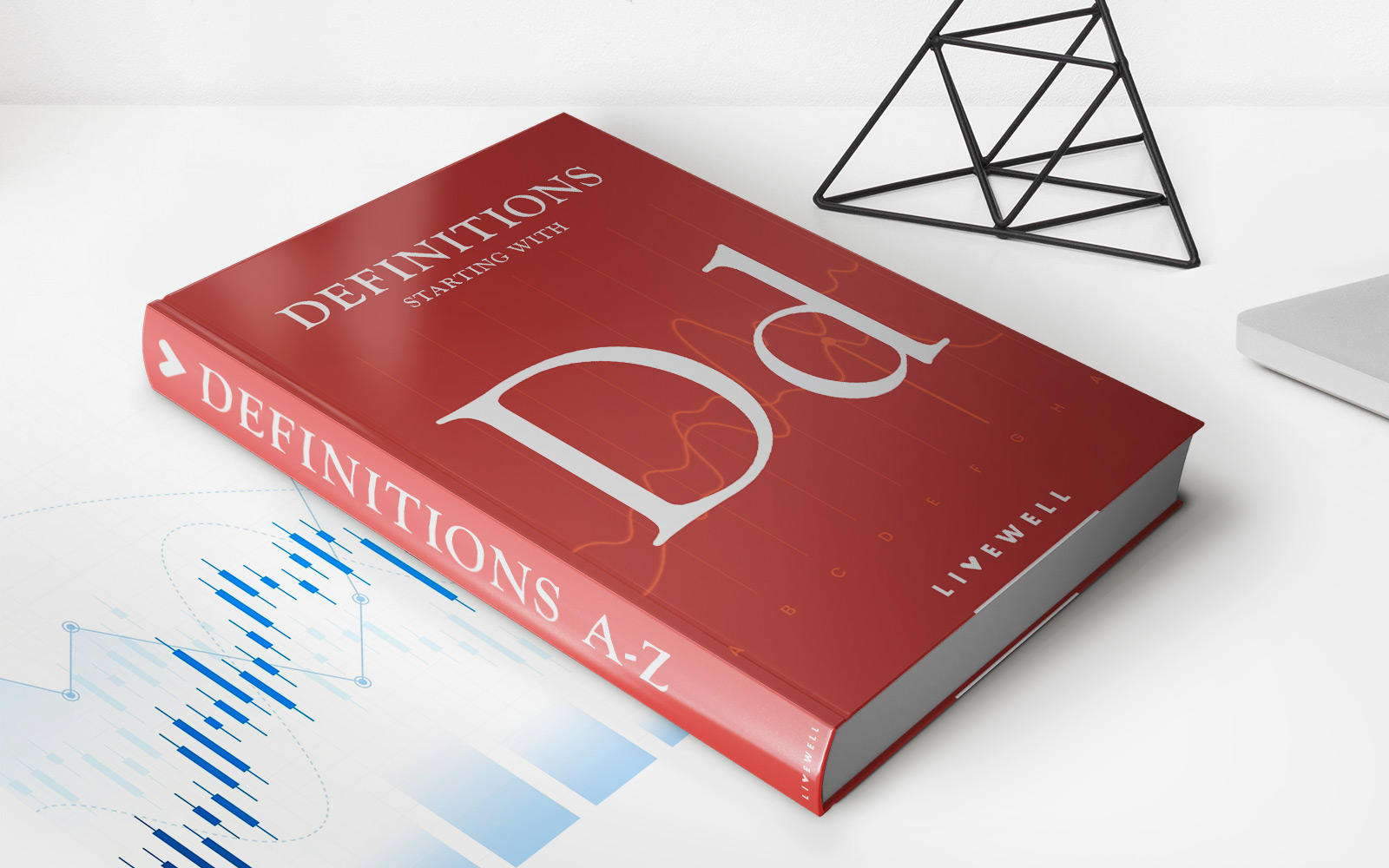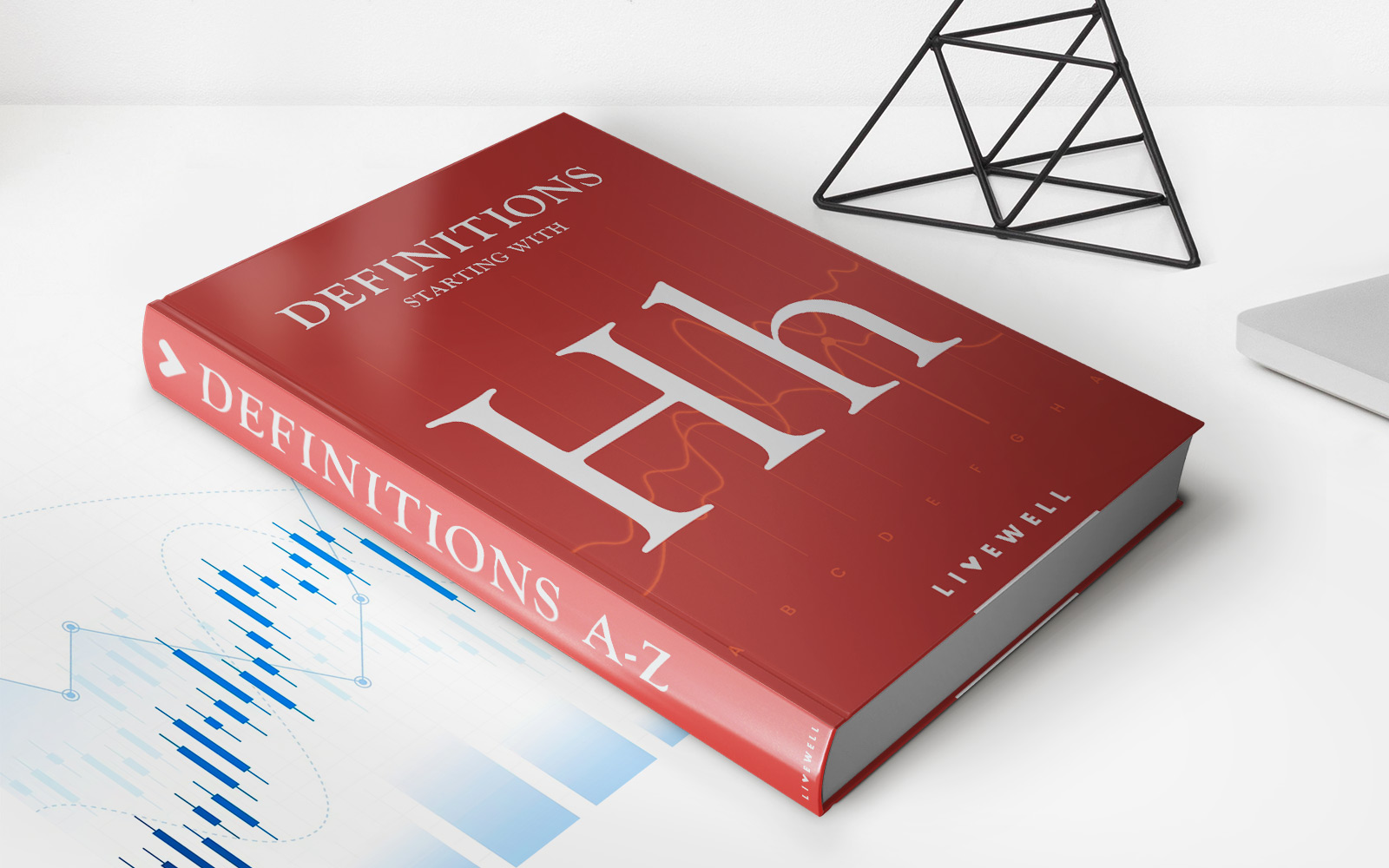

Finance
How Long May A Personal Loan Last?
Modified: December 30, 2023
Looking for finance? Discover how long a personal loan can last and find the best options for your financial needs.
(Many of the links in this article redirect to a specific reviewed product. Your purchase of these products through affiliate links helps to generate commission for LiveWell, at no extra cost. Learn more)
Table of Contents
Introduction
When it comes to personal loans, the duration of the loan plays a crucial role in determining how much you’ll end up paying in interest and how long it will take to repay the loan in full. Understanding the various loan durations and their implications can help you make an informed decision that aligns with your financial goals.
Personal loans are a popular choice for individuals looking to fund various expenses, such as home renovations, debt consolidation, or unexpected medical bills. They offer flexibility in terms of loan amount and repayment options, but the duration of the loan is an important factor to consider.
The duration of a personal loan refers to the length of time over which you will make regular payments to repay the borrowed amount. It can range from a few months to several years, depending on the loan terms and the lender’s policies.
Understanding the factors that affect the duration of a personal loan can help you make an informed decision that suits your financial needs. Additionally, knowing the pros and cons of different loan durations and tips for paying off your loan faster can empower you to manage your debt effectively.
In this article, we will explore the factors that influence the duration of a personal loan, as well as the various loan terms available. We’ll also discuss the pros and cons of different loan durations and provide tips for accelerating the repayment process. By the end of this article, you’ll have a clearer understanding of how long a personal loan may last and how to choose the right loan term for your needs.
Factors Affecting the Duration of a Personal Loan
Several factors come into play when determining the duration of a personal loan. Understanding these factors can help you make an informed decision and choose the loan term that best suits your needs. Here are some key considerations:
- Loan Amount: The amount you borrow can impact the loan duration. Generally, larger loan amounts may have longer repayment periods. Lenders may offer longer loan terms for larger amounts to make the monthly payments more manageable for borrowers.
- Interest Rate: The interest rate on your personal loan affects the duration as well. Higher interest rates can result in higher monthly payments and a longer repayment period if you’re unable to pay off the loan quickly. Lower interest rates may allow for shorter loan durations as the monthly payments can be higher while still remaining affordable.
- Monthly Payment Affordability: Your financial situation and ability to make monthly loan payments are essential factors in determining the loan duration. If you have a limited budget and can only afford lower monthly payments, you may opt for a longer loan term to spread out the repayments. Conversely, if you have sufficient income and can afford higher monthly payments, you may choose a shorter loan term to repay the loan faster.
- Debt-to-Income Ratio: Lenders often consider your debt-to-income ratio when determining the loan duration. This ratio reflects your ability to manage existing debts in relation to your income. If your debt-to-income ratio is high, lenders may offer longer loan terms to ensure you can handle the additional debt. On the other hand, if your ratio is lower, you may be eligible for shorter loan terms.
- Credit Score: Your credit score plays a significant role in determining the loan duration. Borrowers with higher credit scores generally have more favorable loan terms, including shorter durations. Lenders perceive borrowers with high credit scores as less risky, making them eligible for more competitive rates and terms.
- Lender Policies: Each lender may have its own policies regarding loan durations. Some may offer flexible terms ranging from a few months to several years, while others may have specific loan terms available. It’s essential to review the lender’s policies to understand the available options.
By considering these factors and assessing your financial situation, you can determine the most suitable loan duration for your needs. Assessing your ability to make monthly payments, your comfort level with debt, and your long-term financial goals will help guide you in choosing the right loan term.
Short-Term Personal Loans
Short-term personal loans typically have a duration ranging from a few months to a year. These loans are designed to be repaid quickly, often with higher monthly payments. Here are some key characteristics of short-term personal loans:
- Quick Repayment: Short-term personal loans have a shorter repayment period, which means you’ll be debt-free sooner. If you need funds for a specific short-term expense, such as a home repair or a vacation, a short-term loan can help you quickly tackle the expense and repay the loan within a short period.
- Lower Total Interest Payments: Since short-term loans are repaid quickly, you’ll end up paying less overall interest compared to longer-term loans. This can save you money in the long run, as you’ll have lower interest expenses.
- Higher Monthly Payments: Short-term loans generally come with higher monthly payments. This is because the loan amount is divided over a shorter period, resulting in larger individual payments. These higher payments can put more strain on your monthly budget, so it’s crucial to ensure that you can comfortably afford them before opting for a short-term loan.
- Less Interest Rate Risk: With shorter loan terms, there is less risk associated with interest rate fluctuations. If interest rates rise in the future, you’ll have less exposure to higher rates as you will have repaid the loan sooner.
- Less Total Debt: Since short-term loans are repaid quickly, you’ll have less total debt lingering on your financial records. This can be advantageous if you’re planning to apply for other loans in the future, as a lower total debt amount can improve your creditworthiness.
Short-term personal loans can be a viable option if you have a specific expense or financial need that requires immediate attention. However, it’s important to assess your financial capability to ensure that the higher monthly payments associated with short-term loans won’t strain your budget. Consider your income, expenses, and other financial obligations before opting for a short-term personal loan.
Medium-Term Personal Loans
Medium-term personal loans typically have a longer duration compared to short-term loans but shorter than long-term loans. The repayment period for medium-term loans typically ranges from one to five years. Here are some key features of medium-term personal loans:
- Balance Between Affordability and Repayment Period: Medium-term personal loans offer a balance between affordable monthly payments and a reasonable repayment period. The longer duration compared to short-term loans allows you to spread out the payments over a more manageable timeline, making it easier to fit them into your monthly budget.
- Flexibility: Medium-term loans offer more flexibility compared to short-term loans. The duration allows you to address various financial needs, such as debt consolidation, home improvements, or higher education expenses. These loans provide sufficient time to repay the borrowed amount without putting excessive strain on your monthly budget.
- Lower Monthly Payments: Medium-term loans generally have more affordable monthly payments compared to short-term loans. The longer repayment timeline allows for smaller individual payments, making it more manageable for borrowers with a moderate income.
- More Interest Paid: While medium-term loans offer more affordable monthly payments, you will end up paying more interest over the loan’s duration compared to shorter-term loans. However, the overall interest payments are still lower compared to long-term loans.
- Ability to Pay off Debt Sooner: With a medium-term personal loan, you have the flexibility to make extra payments and pay off your debt sooner if your financial situation allows for it. This can help you save on interest payments and become debt-free faster.
Medium-term personal loans are suitable for individuals who need a moderate loan amount and prefer a longer repayment period than what is offered by short-term loans. These loans strike a balance between affordable monthly payments and a reasonable timeframe for repaying the borrowed amount.
As with any loan, it’s important to consider your financial situation and ensure that the monthly payments fit comfortably within your budget. Additionally, compare different lenders and loan terms to find the most competitive interest rates and favorable conditions for your medium-term personal loan.
Long-Term Personal Loans
Long-term personal loans are characterized by their extended repayment periods, typically ranging from five to ten years or even longer. These loans are designed for individuals who require a larger loan amount and prefer a more extended timeframe for repayment. Here are some key aspects of long-term personal loans:
- Lower Monthly Payments: With longer loan durations, long-term personal loans offer lower monthly payments compared to short-term and medium-term loans. This makes them more affordable for borrowers with limited monthly budgets.
- Ability to Borrow Larger Amounts: Long-term personal loans allow you to borrow larger amounts of money compared to shorter-term loans. This can be beneficial for major expenses such as home renovations, large purchases, or debt consolidation.
- Higher Total Interest Payments: Since long-term loans span over a more extended period, the total interest payments over the loan duration will be higher compared to shorter-term loans. However, the individual interest payments each month will be lower, making it more manageable for borrowers with steady income.
- Long-Term Financial Commitment: Choosing a long-term personal loan entails a more extended financial commitment. You will be repaying the loan for a significant period, which means you need to consider your long-term financial stability and ability to make consistent payments over the duration of the loan.
- Interest Rate Risk: With longer loan terms, borrowers may be more exposed to interest rate fluctuations. If interest rates increase during the loan period, it can result in higher monthly payments or an extended repayment period. On the other hand, if rates decrease, refinancing the loan to secure a lower rate may be an option.
Long-term personal loans are suitable for individuals who require a larger loan amount and prefer lower monthly payments over an extended period. These loans provide the flexibility to manage larger expenses while maintaining stability in budgeting.
However, it’s important to carefully consider the potential interest payments over the loan duration and assess your ability to commit to long-term financial obligations. Make sure to compare interest rates, loan terms, and lenders to find the most favorable conditions for your long-term personal loan.
Choosing the Right Loan Term for Your Needs
When it comes to selecting the loan term for a personal loan, it’s important to consider your financial goals, budget, and ability to repay the loan. Here are some factors to consider when choosing the right loan term for your needs:
- Financial Goals: Determine your short-term and long-term financial goals. If you want to pay off debt quickly or save on interest payments, a shorter loan term may be the right choice. If you have a large expense or need to manage your monthly budget, a longer loan term with lower monthly payments may be more suitable.
- Monthly Budget: Assess your monthly income, expenses, and other financial obligations. It’s crucial to choose a loan term that aligns with your budget and allows you to comfortably meet the monthly payments. Consider the impact of higher monthly payments on your overall financial stability.
- Loan Amount: Consider the amount you need to borrow. Smaller loan amounts can typically be repaid in a shorter period, while larger loan amounts may require a longer repayment term to make the monthly payments more manageable.
- Interest Rates: Compare the interest rates offered by different lenders for various loan terms. Lower interest rates can make shorter loan terms more affordable, while longer loan terms may have slightly higher rates. Evaluate the overall cost of borrowing for each loan term option.
- Flexibility: Assess your financial flexibility. If you anticipate an increase in income or windfall in the future, you may be able to handle higher monthly payments and choose a shorter repayment term. If your income is stable or you prefer more cash flow each month, a longer loan term may be more suitable.
- Risk Tolerance: Consider your risk tolerance and financial stability. Shorter loan terms carry lower interest rate risk and enable you to become debt-free sooner. However, they also require higher monthly payments. Longer loan terms provide more flexibility but may increase the total interest payments over time.
Ultimately, the right loan term will depend on your unique financial circumstances and goals. It’s essential to assess your financial situation, evaluate the pros and cons of each loan term option, and choose a term that aligns with your needs and comfort level.
Consider seeking advice from a financial advisor or speaking to loan experts from different lenders to help you make an informed decision. By carefully considering these factors and choosing the right loan term, you can manage your debt effectively and work towards achieving your financial goals.
Pros and Cons of Different Loan Durations
When deciding on the duration of your personal loan, it’s crucial to weigh the pros and cons of each option. Here are some advantages and disadvantages of different loan durations:
Short-Term Loans:
- Pros:
- Quick repayment and debt-free status within a short period.
- Lower overall interest payments compared to longer-term loans.
- Less total debt on your financial records, which can improve your creditworthiness.
- Cons:
- Higher monthly payments can strain your budget.
- Limited flexibility in managing expenses or unexpected financial needs.
- May require a higher income or financial stability to meet the higher monthly payments.
Medium-Term Loans:
- Pros:
- Balance between affordable monthly payments and a reasonable repayment period.
- Flexibility to address various financial needs without excessive strain on your budget.
- Opportunity to make extra payments and pay off the loan sooner if your financial situation allows for it.
- Cons:
- Higher overall interest payments compared to shorter-term loans.
- Longer commitment to debt repayment.
- May not be suitable for individuals seeking to pay off debt quickly or save on interest expenses.
Long-Term Loans:
- Pros:
- Lower monthly payments, making it more manageable for individuals with limited monthly budgets.
- Ability to borrow larger amounts for significant expenses or investments.
- Flexibility in managing monthly cash flow.
- Cons:
- Higher overall interest payments compared to shorter-term loans.
- Longer commitment to debt repayment, potentially affecting financial flexibility and long-term goals.
- Exposed to interest rate fluctuations and potential refinancing risks.
Understanding the pros and cons of different loan durations can help you make a more informed decision. Consider your financial situation, income stability, short-term and long-term goals, and risk tolerance when selecting the loan term that best aligns with your needs.
Tips for Paying off Your Personal Loan Faster
Paying off your personal loan faster can help you save on interest payments and achieve debt freedom sooner. Here are some tips to accelerate the repayment process:
- Create a Budget: Build a comprehensive budget that includes your loan payments as a priority. Allocate as much of your income as possible towards paying off the loan, while still meeting your other financial obligations.
- Make Extra Payments: If your budget allows, make extra payments towards your loan whenever possible. This can help reduce the principal amount and ultimately save on interest payments.
- Consider Bi-Weekly Payments: Instead of making monthly payments, consider switching to bi-weekly payments. By doing so, you’ll make an extra payment each year, effectively reducing the loan term.
- Utilize Windfalls: If you receive unexpected bonus payments, tax refunds, or other windfalls, consider using them to make lump-sum payments towards your loan. This will help reduce the principal and shorten the repayment period.
- Cut Expenses: Look for ways to reduce your monthly expenses and redirect the savings towards your loan payments. This could involve cutting unnecessary subscriptions, dining out less frequently, or finding more affordable alternatives for daily expenses.
- Increase Your Income: Explore opportunities to boost your income, such as taking on a side gig, freelancing, or seeking a higher-paying job. The extra income can be directed towards paying off your loan faster.
- Avoid Late Payments: Ensure that you make your loan payments on time to avoid any late fees or penalties. Late payments can also negatively impact your credit score, making it harder to secure future loans or competitive interest rates.
- Refinance or Consolidate: If you qualify for a lower interest rate or find better loan terms, consider refinancing your existing loan or consolidating multiple loans into one. This can help reduce interest payments and potentially shorten the loan term.
- Stay Motivated: Keep your end goal in mind and stay motivated throughout the loan repayment process. Celebrate each milestone and track your progress to stay focused on becoming debt-free.
Remember, every little effort counts towards paying off your personal loan faster. Implementing these strategies will not only enable you to save money but also provide you with a sense of accomplishment as you make progress towards financial freedom.
Conclusion
Choosing the right loan duration for your personal loan is an essential decision that can greatly impact your financial journey. Short-term loans offer quick repayment and lower overall interest payments but require higher monthly payments. Medium-term loans strike a balance between affordable monthly payments and a reasonable repayment period. Long-term loans provide lower monthly payments and flexibility but may result in higher overall interest payments.
When determining the loan duration, consider factors such as your financial goals, monthly budget, loan amount, interest rates, flexibility, risk tolerance, and long-term financial stability. By carefully evaluating these factors, you can choose a loan term that aligns with your needs and helps you achieve your financial objectives.
Additionally, employing strategies to pay off your personal loan faster, such as creating a budget, making extra payments, utilizing windfalls, cutting expenses, and staying motivated, can speed up the repayment process and save you money on interest payments. It’s important to commit to these strategies and make consistent efforts to accelerate your debt payoff journey.
Remember, choosing the right loan term and paying off your personal loan faster not only provides financial benefits but also contributes to overall financial well-being and the pursuit of other financial goals.
Take the time to research and compare different lenders and loan options to find the most favorable terms and conditions that suit your needs. Seek advice from financial professionals if necessary and stay committed to your repayment plan. With dedication and smart financial decisions, you can successfully manage your personal loan and make significant progress towards achieving your financial goals.
